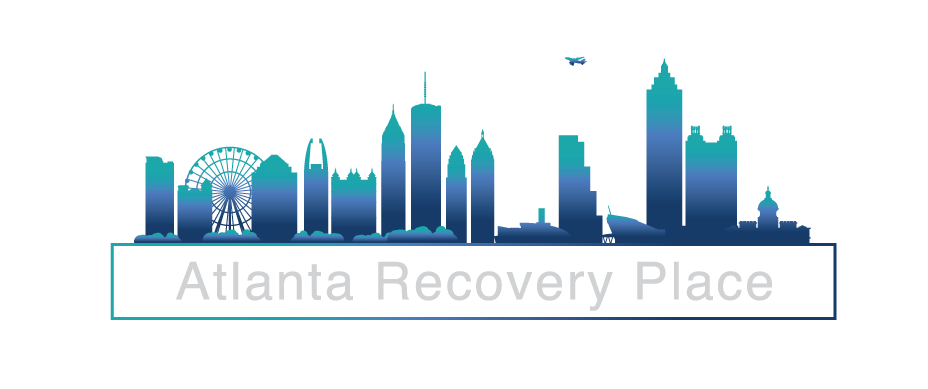Balancing work and recovery is no easy task, yet it is an essential part of addiction treatment.
Maintaining a work-to-recovery balance is the cornerstone of recovery’s foundation. It provides structure, purpose, and a sense of normalcy and commonality. Although, there is a part that can’t be overlooked. In the overall journey you’re on to recover from addiction, work could be a hindrance to you finding and reaching sobriety. The balancing act between working and maintaining a recovery lifestyle is crucial to understanding the steps to take on your recovery journey.
Navigating the Challenges of Work and Recovery
Beginning work or even preparing a resume can be intimidating for a person with a substance use disorder trying to get or remain clean. There is a stigma that many people with a substance use disorder have faced in the past in the workforce that can be discouraging; the fear of relapsing in a stressful environment and the pressure of expected “normal” productivity rate can all create overwhelming fear around working in recovery. Recognizing these drawbacks is the first step to developing a supportive work environment.
Employer understanding and support are essential to successful recovery at work. An environment that promotes open communication and the provision of necessary accommodations can make a profound difference for someone just starting to work again. Recognizing that people in recovery are unique and may have differing needs helps create a workplace culture of empathy.
Barriers to Successfully Balancing Work in Addiction Treatment
Overcoming addiction in the workplace is not an easy task. It is a long, overwhelming process that requires ample support. During the recovery process, there are significant barriers, such as the stigma surrounding addiction.
The stigma that surrounds addiction is a deeply rooted problem that has immensely impactful implications for the workplace. Addiction is often seen as a shortcoming of moral character or as a personal feebleness, and this perspective serves to stereotype and pigeonhole individuals into unwelcoming and unhelpful situations.
Practical Tips for Balancing Work and Recovery
Finding a balance in recovery involves setting a routine filled with your recovery needs and sticking to it. It doesn’t happen after you decide to get into recovery or once you think you’ve found your balance; you need yourself and your employer to make concessions. Your work/life balance in recovery starts with self-care. This means creating time for activities that keep you healthy, like exercise, meditation, and sleep. Additionally, in recovery, practice stress management to establish your foundation for your work and your recovery.
Open communication with your coworkers about your recovery can help them understand your journey and be supportive. As a result, employees can feel accepted in the workplace, creating a safe work zone for them. When someone feels accepted, they have less risk of relapse.
A sound support system is essential, so consider joining a peer support group and finding a professional counselor. Sometimes, it feels good to talk to people who have gone through the same thing and know precisely where you are coming from. Sometimes, they are the only ones who truly understand what you are going through, and it can be a source of strength to relate to other people. Someone is going through or has gone through the same things as you, and it is likely they will have advice for you.
Atlanta Recovery Place: Supporting Your Journey
Struggling with the pressures of work and recovery can be a challenge. Our highly trained staff at Atlanta Recovery Place are experts at providing the proper care and attention individuals need to redirect their lives and maintain a steady balance between work and recovery. By individually planning daily and weekly sessions for each client, our Georgia addiction recovery center can support clients’ work schedules and monitor their progress toward recovery.
Balancing work and recovery demands time and a thoughtful approach. Atlanta Recovery Place guides individuals through this process with compassion, empathy, and a commitment to a long-lasting recovery. Contact our Atlanta drug and alcohol rehab to learn more about our options for drug addiction treatment in Georgia and about how we can help you start your journey today.


